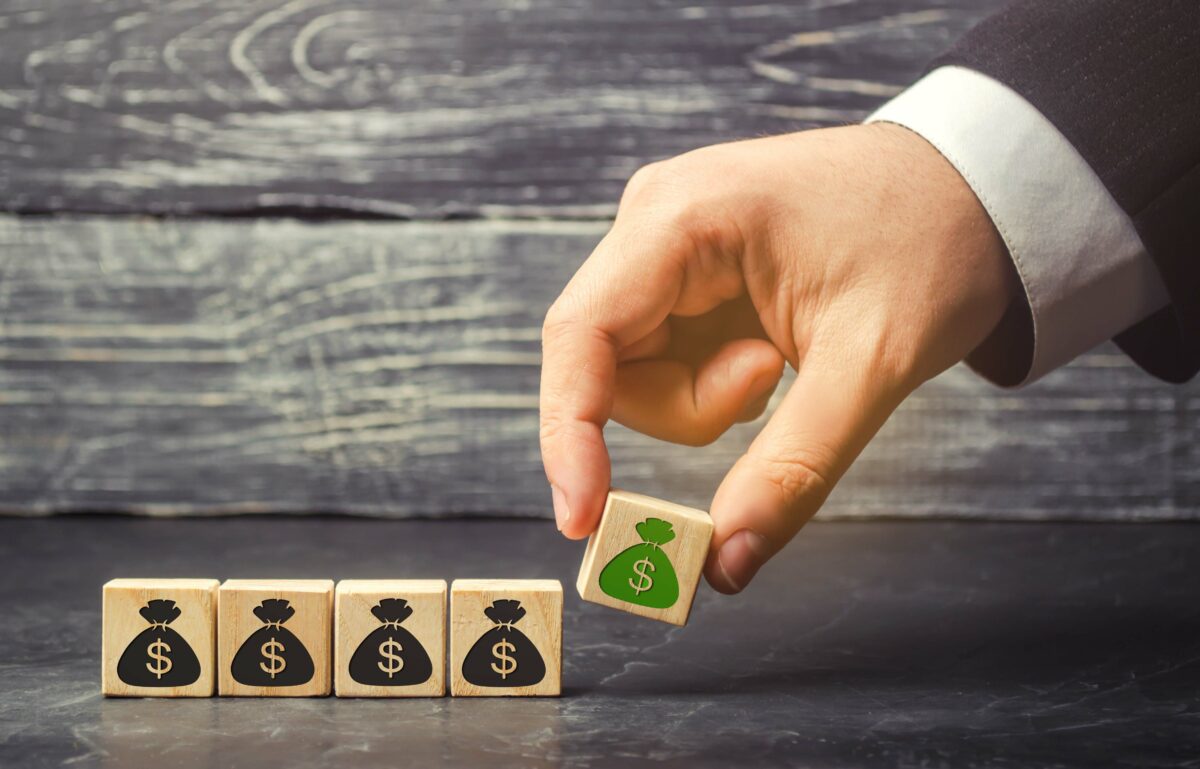“To prosper over time, every company must not only deliver financial performance, but also show how it makes a positive contribution to society.” – Larry Fink, BlackRock
As a decision maker you need data. The more data, and the more capacity to analyse the data, the better the quality of the decision. (At least in theory. In reality other factors also come at play, such as feelings and quality of data). With the abundance of data we have today, and the huge capacity to analyse data, decisions today ought to be great. But they aren’t always.
A quick look at reality gives a mixed picture; companies as well as governments spend lots of energy on collecting data, measuring and adjusting. This has clearly helped many companies to grow in their respective markets, it has advanced research and generally, I believe, contributed to a better world (remember Hans Rosling!) But I can’t help getting the feeling that all our attempts to collect and analyse data and transform all that into decisions isn’t very efficient; it simply gives us a fairly poor value for money… or else we would also have tackled for example climate change or the growing resistance towards antibiotics.
More and higher quality data is great but it won’t take us all the way. We also need to know what we want to achieve, or else we won’t know what to look for. Imagine, for example, that I want to invest some money on the stock market with an expectation that my money should grow and do good. I also want to maximize my return on investment. I’m sure any broker can give me plenty of alternatives but, as long as I don’t provide more information on what I mean by “return on investment” the task is difficult. Am I happy with a high financial return provided the companies I’m investing in doesn’t cause too much harm on people and planet? Or do I want to stimulate a transition towards a greener or equal society – even if that would mean a higher risk and possibly a lower financial return? (see also my piece on Impact investment)
Basically, the dilemma is fairly similar to what I experience when I go shopping at for example the grocery store. When I shop, I need to balance factors such as price with how healthy, tasty and sustainable my basket is. At times the factors meet, but most often I need to make at least some trade-offs. This can cause some frustration but I can usually handle it even though I often feel that I probably could have made better, more rational choices if I only had more knowledge (data) or capacity to analyse it (including time). When it comes to my private shopping, I’m accountable to no one, but if I spend or invest other people’s money, I need something more tangible to base my decisions on.
There are two challenges with measurement that I grabble with right now: sometimes we measure too much and the wrong things, sometimes we measure too little.
- Measurements don’t always measure what you actually want them to measure. In development circles this is sometimes referred to as obsessive measurement disorder referring to a situation where there is a shift of attention towards choices (investments decisions) where results are easy to quantify. For example: the number of sold items isn’t necessarily a good indicator of profit if the margin is very low. By measuring the “wrong” things we incentivise “wrong” behaviour. Reality is often more complex than an excel sheet, as many leaders involved in leading people would claim.
- We also measure too little. Perhaps because some things are difficult to quantify and then I find that companies often resort to story-telling rather than finding some other way of specifying what we want to achieve (goal) and what has actually been achieved (impact). This is often a sign, I think, that the result isn’t considered critical. Like charity. “People tell us that through our investment in this low-income neighbourhood we have brought down crime.” If I want my investment to impact the crime rate in a low income neighbourhood, I certainly want more information than that.
Good news are that this is an area where is a lot going on. There are several initiatives, some industry led and some by research institutions (see for example the framework by the Sustainability Accounting Standards Boardprmoted by e.g. BlackRock, or The impact management project). In addition, the United Nations are also putting a great deal of energy into coordinating a harmonized approach – which is crucial for the successful implementation of the Sustainable Development Goals.
There are plenty of companies that are great at measuring and adapting. Because if you don’t adapt to what you measure, you may be left behind while customers go elsewhere. Therefore I think that if customers and investors ask for measurements and indicators that can be analysed within and across markets the companies will certainly come up with the indicators and KPI’s needed to get there. And within a few years KPI’s on sustainability that can be used as a tool for investors, will be almost as common as KPI’s on sales. Let us make sure, however, that we don’t slide from measuring too little, right into some form of obsessive measurement disorder!

